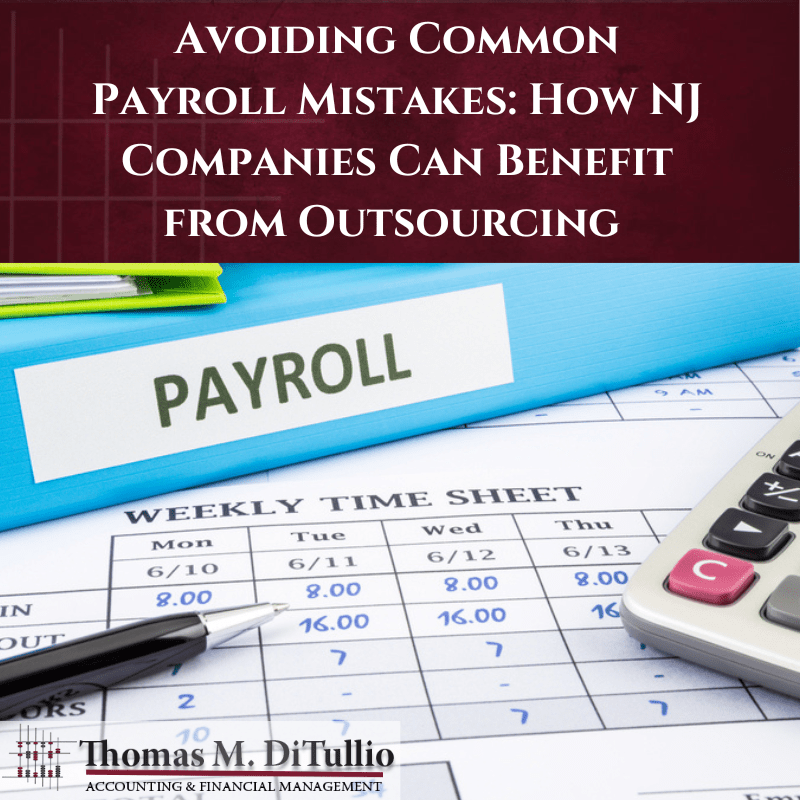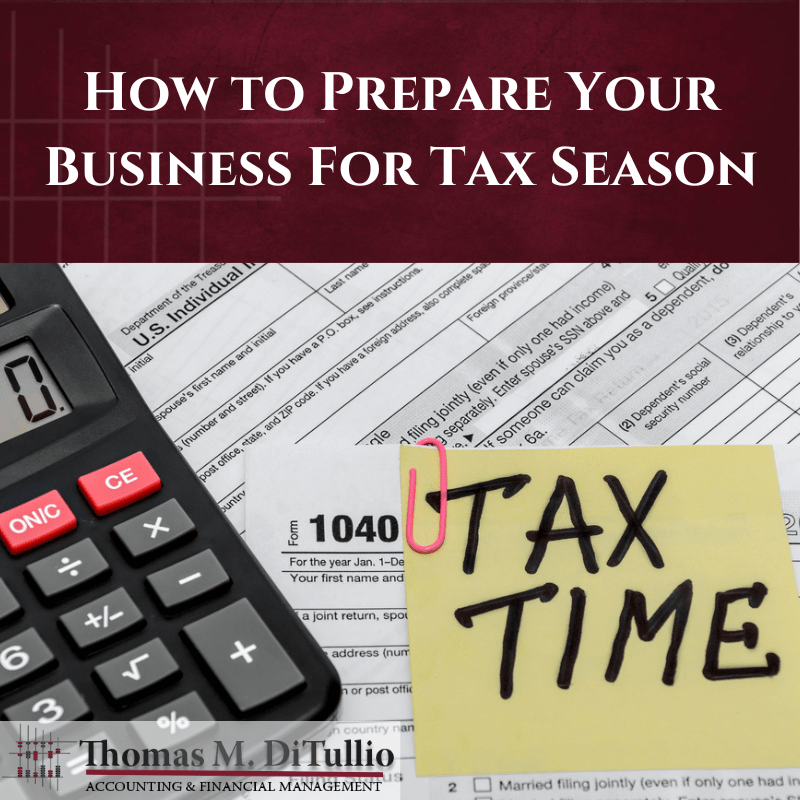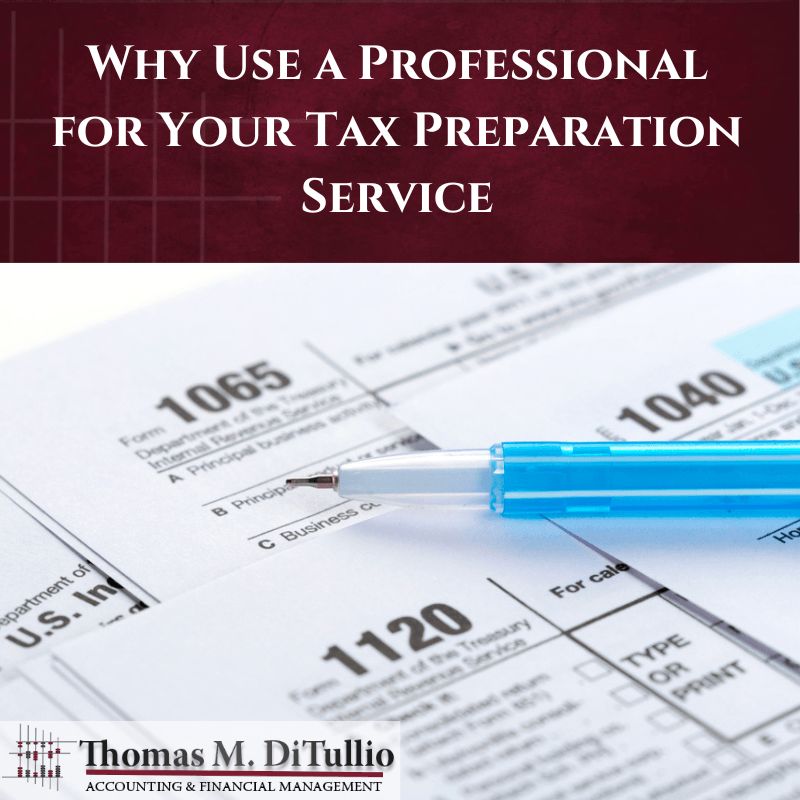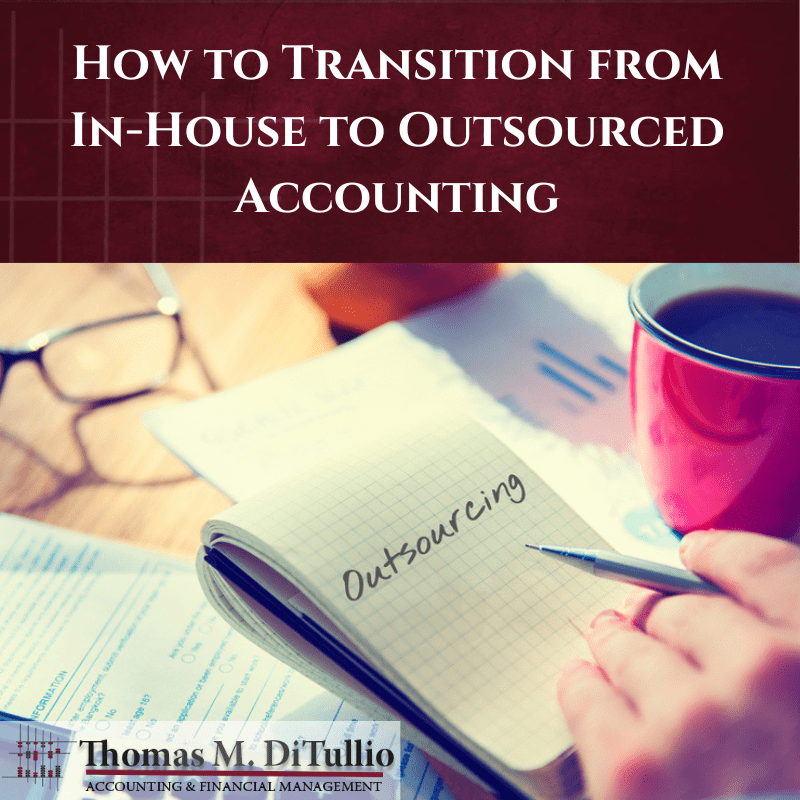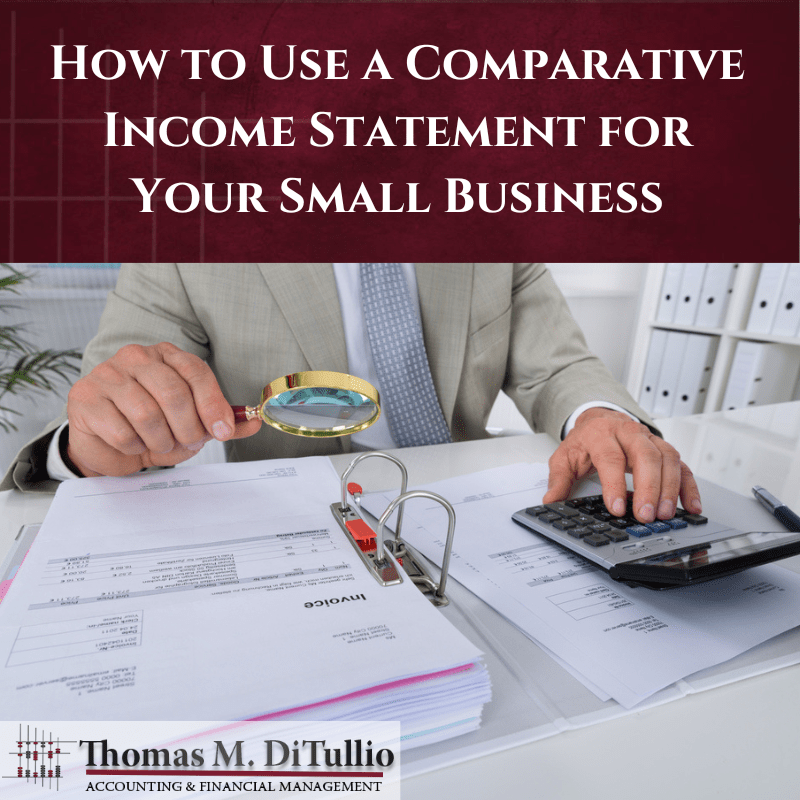Expert Tax Advice from a South Jersey Accountant
Navigating the intricacies of tax season can be daunting, especially for business owners. Fortunately, there are a few things you can do to streamline the process and make tax time more manageable. Here are a few expert tax tips from a South Jersey accountant.
Start the Recordkeeping Process Early
One of the most important steps in managing taxes for a small business is to set up a recordkeeping system right from the start. It can be easy to put that accounting work on hold when you’re focused on running your business. However, this can lead to chaos when tax season rolls around.
To avoid the last-minute scramble, track income and expenses year-round with help from a company specializing in small business accounting services. They can keep all the information in one place for you, making it easier when it comes to taxes. Outsourcing this work can save time and money in the long run. Plus, you will not miss out on deductions when you cannot find a receipt or invoice. Proper bookkeeping will keep all that information at your fingertips.
Claim All Reported Income
When managing your taxes as a small business owner, you want to ensure that you accurately report all of your income to the IRS. Remember that the IRS receives copies of the 1099-MISC forms, meaning they can cross-reference the income you report against what they know you’ve received. For that reason, you want to ensure that the amount of income you report to the IRS matches the amount reported in your 1099 forms.
Failing to report all of your income is a red flag for the IRS, and it could result in penalties, interest, and even an audit. Even if a client or customer doesn’t send you a 1099 form, you must still report any income you have received.
Along with federal taxes, you need to comply with state tax regulations. The rules regarding reporting and paying state taxes can vary. Make sure to check with your accountant or tax advisor to ensure that you are fulfilling all obligations. By accurately reporting your income and complying with tax regulations, you can avoid the stress and expense of dealing with IRS issues down the line.
Open a Business Checking Account
The importance of separating personal and business finances cannot be overstated. You need to open separate bank accounts for your business use. Separating business and personal accounts can simplify the recordkeeping process. During tax time, these separate accounts are very important. Accurate recordkeeping ensures you deduct the correct expenses and report your income properly. When you mix your finances, it can be challenging to determine which expenses are business-related or personal.
Remember that separate business accounts are not just a matter of convenience. The IRS often needs to determine whether a business is operated for profit or as a hobby. Having a separate account demonstrates that you are serious about your business and not just using it as a hobby.
Learn About All Your Deductions
Staying informed about qualified tax deductions can help you save money on your business taxes. While some deductions may seem obvious, others may surprise you. With tax laws changing frequently, you need to keep updated with laws to know what deductions are available to you.
For example, if you use part of your home to conduct business, you may be eligible for the home office deduction. By itemizing your home office expenses, you can generally receive a higher deduction than taking the simplified deduction. Additionally, you may be eligible for tax perks if you make energy-saving improvements to your business.
With that in mind, you will want to consult with your tax professional or use tax software to help identify potential deductions. You must stay informed and track the tax laws that affect your business. Otherwise, you may miss out on possible deductions that could save you money on your taxes.
Work With a Professional Accountant
If you want to ensure the financial success of your small business, find the right South Jersey accountant who can offer more than just tax preparation services. Your accountant should provide year-round support to help track your income and spending, monitor your profits, and ensure you avoid cash flow problems.
When searching for an accountant, you want to find someone knowledgeable about the specific needs of small businesses. They should be able to offer valuable advice on financial planning, budgeting, and investment opportunities. Your accountant should be your trusted business adviser.
Starting to work with an accountant from the beginning of your business venture can help you avoid costly financial mistakes and ensure the long-term financial health of your business. They can also help you stay on top of new tax laws and regulations and provide strategic financial advice. Hiring the right accountant can provide your business with year-round financial guidance. Along with that, they can help you make informed financial decisions for long-term success.
Do You Need an Accountant for My Small Business?
At TMD Accounting, we are a trusted family-owned and -operated accounting firm that has assisted numerous clients over the years. Our knowledgeable team is well-equipped to help with a range of services, from payroll to taxes. We specialize in helping automotive/body shops, healthcare, construction, hospitality, restaurants, and professional services businesses with their accounting and bookkeeping needs. Our team of professionals is ready to assist your business. Give us a call at 856-228-2205 to schedule a consultation.



